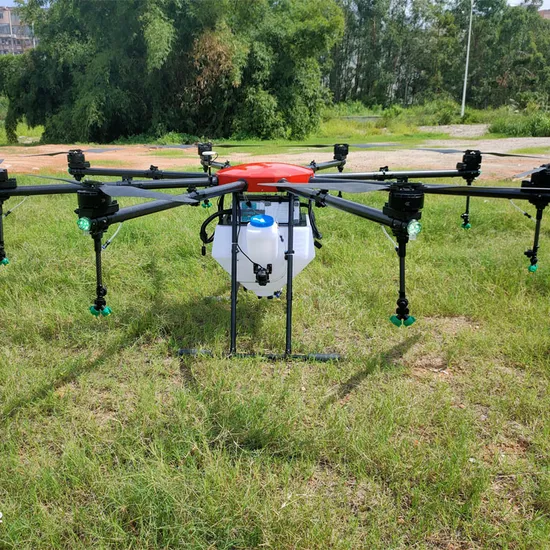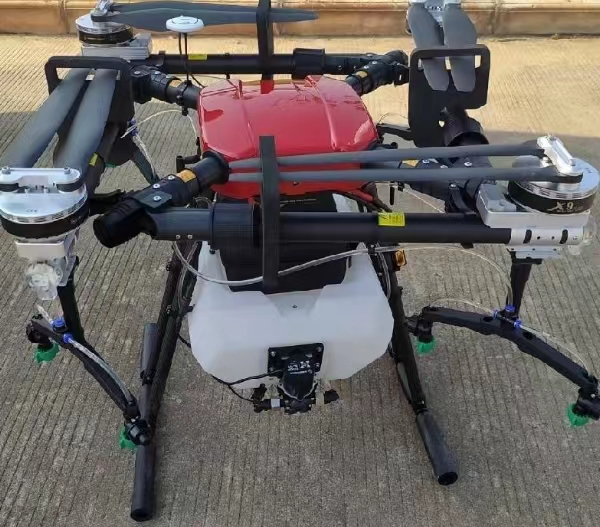In modern agriculture, technology is transforming the way farmers care for their crops.

One of the most innovative advancements is the use of drones to water vegetable gardens and fruit trees. This method is gaining popularity due to its efficiency, precision, and ability to support sustainable farming practices. By integrating drones into irrigation systems, growers can optimize water usage, reduce labor costs, and improve crop health.
How Drones Water Crops
Drones equipped with specialized watering systems are designed to carry small tanks of water or nutrient-rich solutions. These unmanned aerial vehicles (UAVs) use advanced sensors and GPS technology to navigate fields, identify areas that need hydration, and deliver water directly to the plants. For vegetables like lettuce, cabbage, or tomatoes, and fruit trees such as apple or orange trees, drones can hover above and release a fine mist or targeted droplets, ensuring even distribution without waste.
The precision of drones allows them to focus on specific plants or rows, avoiding overwatering or missing dry spots. This is particularly useful for fruit trees, which often require consistent moisture at their root zones to produce high-quality yields. With real-time data from onboard cameras and moisture sensors, drones can adapt to the needs of each crop, making them a valuable tool for farmers.
Benefits of Using Drones for Irrigation
Water Conservation: Traditional irrigation methods, such as sprinklers or flood systems, can lead to significant water loss through evaporation or runoff. Drones minimize this by delivering water exactly where it’s needed, promoting sustainable agriculture.
Time Efficiency: Manually watering large fields or orchards is time-consuming. Drones can cover vast areas quickly, freeing up time for farmers to focus on other tasks.
Cost-Effectiveness: While the initial investment in drone technology may seem high, the long-term savings on water, labor, and resources make it a smart choice for many growers.
Improved Crop Health: By providing consistent and precise hydration, drones help vegetables and fruit trees thrive, leading to better harvests and higher-quality produce.
Challenges and Future Potential
Despite their advantages, drone-based irrigation has some limitations. The payload capacity of most drones restricts the amount of water they can carry, meaning frequent refills may be necessary for large-scale farms. Additionally, the cost of acquiring and maintaining drones might be a barrier for small-scale farmers. However, as technology advances, we can expect improvements in battery life, tank capacity, and affordability, making drones even more accessible.
Looking ahead, the integration of artificial intelligence (AI) with drones could further revolutionize agriculture. AI-powered drones might analyze soil moisture levels, predict weather patterns, and adjust watering schedules automatically, ensuring optimal care for vegetables and fruit trees.
Conclusion
Drones are reshaping the future of farming by offering a smart, efficient, and eco-friendly way to water vegetable gardens and fruit orchards. As this technology continues to evolve, it promises to play a key role in addressing global challenges like water scarcity and food production. For farmers seeking innovative solutions, drone irrigation is a game-changer that blends precision with sustainability, helping crops flourish while preserving precious resources.






暂无评论内容